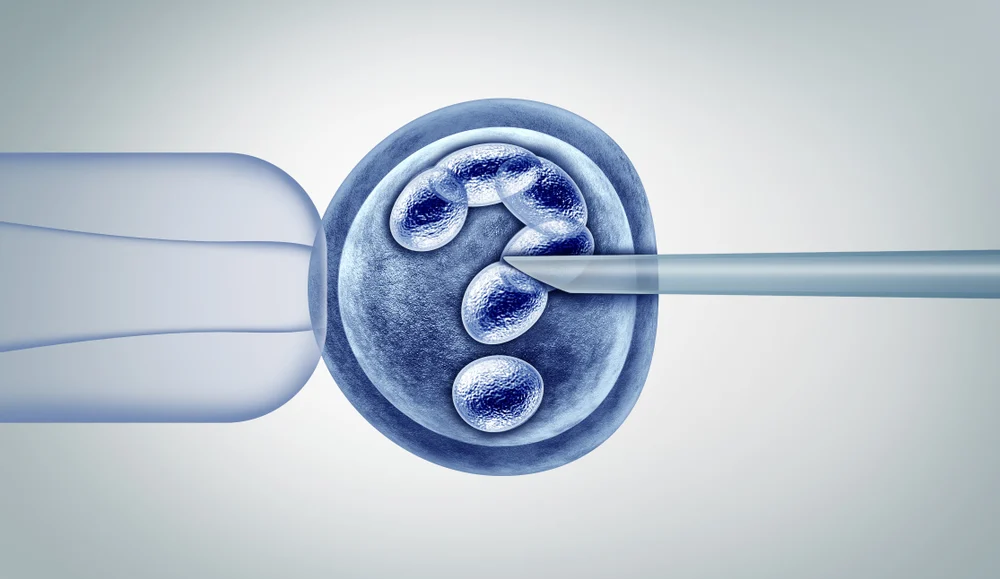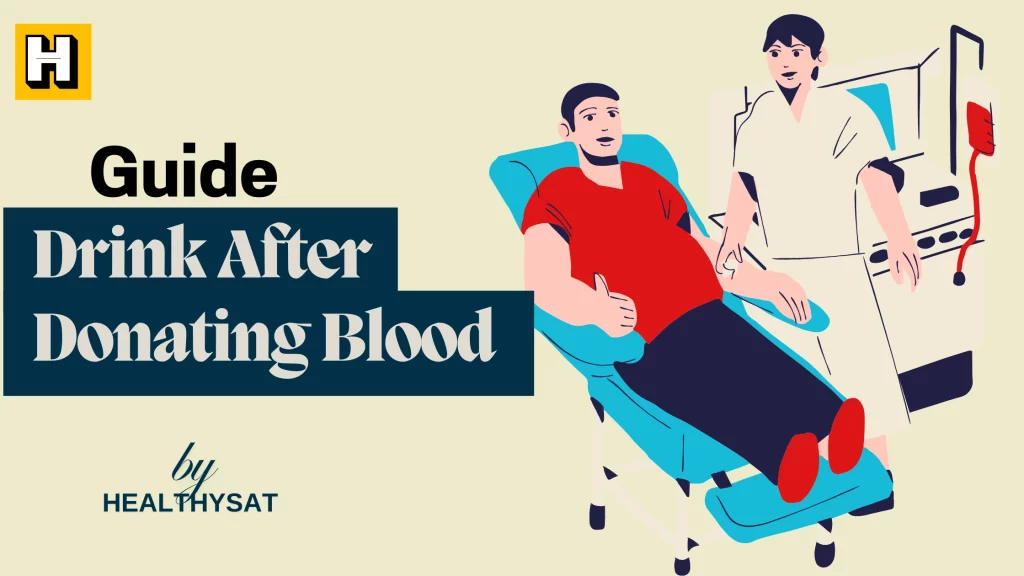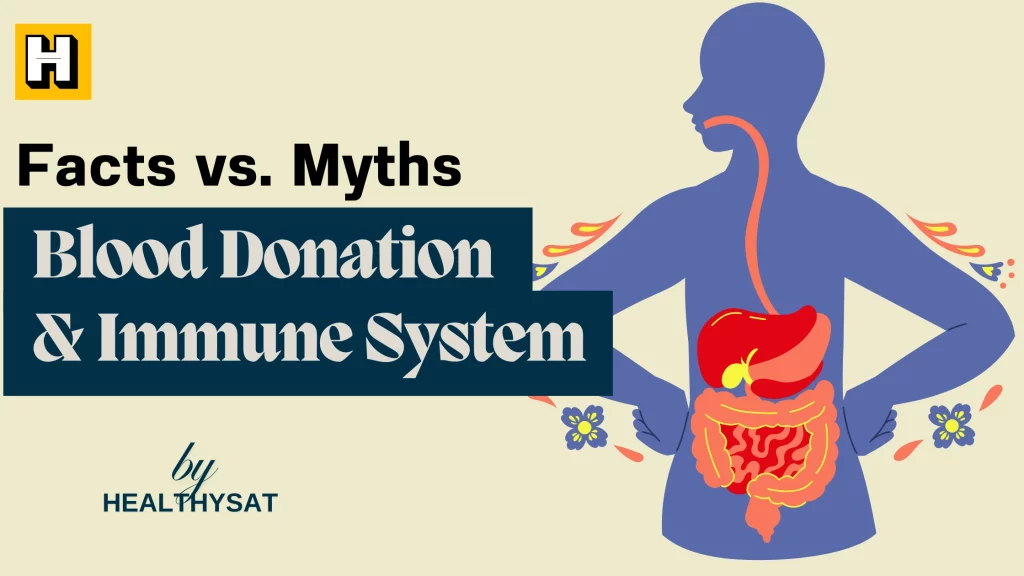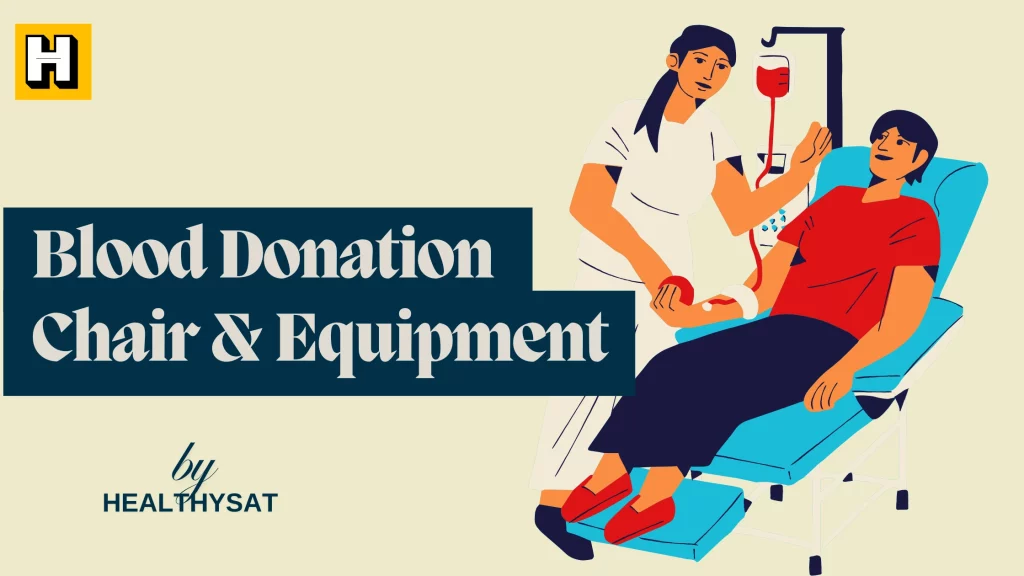Introduction
IVF, or in vitro fertilization, is a well-known procedure numerous couples use to surmount infertility and start their own family. The price, however, remains a significant concern for many. In Nigeria, the cost of IVF can fluctuate drastically, based on several factors. Understanding these factors and their impact on the overall cost is imperative before undergoing the treatment.
Discerning the Procedure of IVF
IVF is a fertility treatment that entails the fertilization of an egg by sperm outside the body in a lab dish. The fertilized egg, an embryo, is then transferred to the woman’s uterus to implant and grow into a pregnancy. IVF can address infertility issues, such as ovulation problems, tubal blockages, endometriosis, and male factor infertility.
Variables Affecting the Cost of IVF in Nigeria
Multiple elements can influence the cost of IVF treatment in Nigeria, including:
Location of Clinic: The cost of IVF treatment can vary significantly based on the clinic’s location. IVF clinics in major cities like Lagos and Abuja may charge more than in smaller towns or rural areas.
The reputation of the Clinic: IVF clinics with a reputable name may charge more for their services than those with a lesser-known reputation.
Treatment Protocol: The recommended treatment protocol by the doctor can impact the cost of IVF. Some protocols require more medications or procedures than others, leading to an increase in price.
Additional Procedures: Supplementary procedures, such as preimplantation genetic testing (PGT) or intra-cytoplasmic sperm injection (ICSI), can also amplify the cost of IVF.
Age and Fertility Status: The age and fertility status of the woman receiving IVF can also affect the cost. Women over 35 may require more cycles of IVF to achieve a successful pregnancy, driving up the overall cost.
Average Cost of IVF in Nigeria
The expenses incurred for in-vitro fertilization (IVF) treatment in Nigeria can fluctuate anywhere between ₦1,500,000 to ₦5,000,000 or beyond, based on a variety of factors such as consultation, diagnostic tests, ovarian stimulation medication, egg retrieval procedure, sperm collection, embryo culture and transfer, and follow-up appointments.
It is important to note that this estimate does not account for additional procedures such as preimplantation genetic testing (PGT) or intracytoplasmic sperm injection (ICSI), which can cause the overall cost to escalate.
It is important to note that this estimate does not account for additional procedures such as preimplantation genetic testing (PGT) or intracytoplasmic sperm injection (ICSI), which can cause the overall cost to escalate.
Financing Options for IVF Treatment
IVF treatment can be expensive, but several financing options are available to help make it more affordable. Some options include:
Health insurance: Some health insurance plans in Nigeria may cover a portion of the cost of IVF treatment. Check with your insurance provider to see if you have coverage.
Fertility financing companies: Several companies specialize in financing fertility treatments, including IVF. These companies offer loans with low-interest rates and flexible repayment options.
Personal savings: If you have been saving for a down payment on a home or other significant expenses, consider using those savings to finance your IVF treatment.
- Fundraising: Some couples have successfully raised funds for IVF treatment through crowdfunding websites or other fundraising efforts.
- Government support: The Nigerian government offers some support for IVF treatment, including tax exemptions on IVF-related expenses and free IVF treatment for military personnel and their spouses.
Frequently Asked Questions (FAQs) About IVF in Nigeria
The average cost of IVF in Nigeria can vary depending on several factors, but it is generally around N1,500,000 to N2,500,000. However, some clinics may offer more affordable options, and the cost may be higher or lower depending on the treatment protocol and location.
Financing options are available to help make IVF treatment more affordable. Some clinics offer payment plans or financing options, and some organizations and foundations provide financial assistance to couples struggling with infertility.
The number of IVF cycles needed to achieve pregnancy can vary depending on several factors, including age, fertility issues, and treatment protocol. While some couples may achieve pregnancy after one IVF cycle, others may require multiple processes.
IVF treatment in Nigeria is generally safe when performed by a qualified and experienced healthcare professional. However, as with any medical procedure, there are risks and potential complications. Your doctor can discuss these risks with you and help you make an informed decision about your treatment.
Unfortunately, health insurance does not usually cover IVF treatment in Nigeria. However, financing options and financial assistance programs are available to help make IVF more affordable for couples struggling with infertility.
Additional Tips for IVF Patients in Nigeria
Choose a reputable clinic: Do your research and choose a reputable clinic with a high success rate. Check online reviews and request referrals from friends or family members undergoing IVF treatment.
Consider traveling: If the cost of IVF in your area is too high, consider traveling to another city or country for treatment. Some clinics may offer lower rates or more affordable financing options.
Be prepared for additional costs: In addition to the cost of IVF treatment, there may be additional costs for medications, consultations, and other expenses. Make sure to budget for these costs as well.
Is IVF Right for You?
IVF can be a life-changing treatment for couples struggling with infertility, but it is important to consider the cost before deciding. The cost of IVF in Nigeria can vary depending on several factors, including the clinic’s location, reputation, and treatment protocol. However, there are financing options available to help make IVF more affordable. If you are considering IVF, talk to your doctor about your options and whether IVF is the right choice.
While the cost of IVF in Nigeria can be high, it is essential to remember that it is an investment in your future and your dream of having a child. With suitable financing options and support, IVF can be a viable option for many couples struggling with infertility. Don’t let the cost deter you from exploring this life-changing treatment option.
Suppose you’re looking for the answer to the question, “how much is IVF in Nigeria?”. In that case, the best advice is to research and speak with a healthcare professional specializing in fertility treatment. They can help you determine the best course of action and provide an accurate estimate of the cost of IVF in Nigeria. Remember, the price may be high, but the reward of having a child can be priceless.







